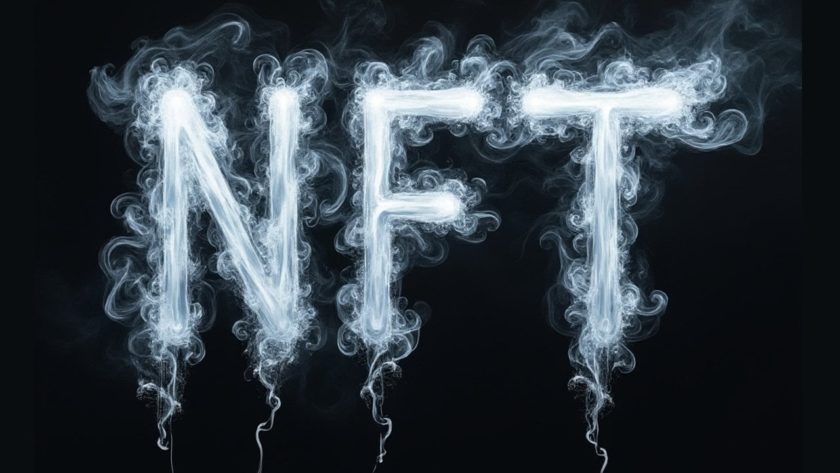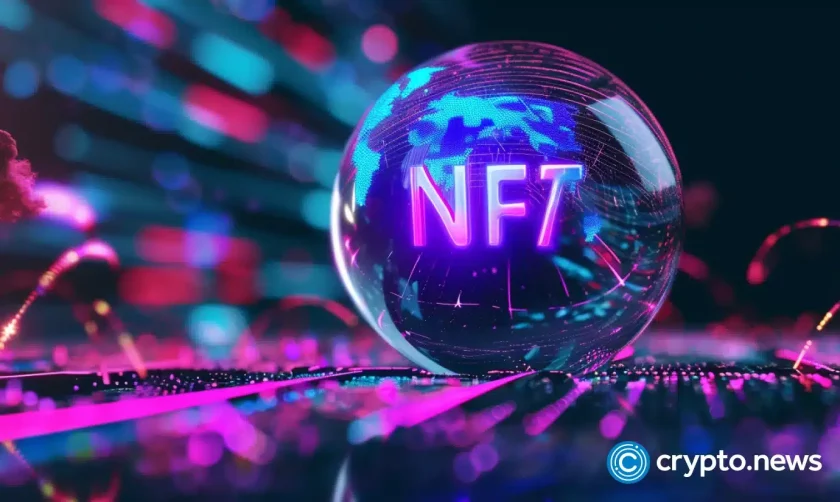Since announcing plans to launch his gaming NFT marketplace Fractal earlier in December, Twitch co-founder Justin Kan has been one of the busiest men in crypto.
Through a shoe-string Twitter marketing campaign and the promise of an NFT airdrop, it took Kan and his team just 10 days to grow the platform’s Discord group to over 100,000 members.
But after pushing the launch date for the Solana-based marketplace up to Christmas Eve, a scammer hacked the Fractal Discord server’s verification bot and sent out a link to a phony drop, making off with over $150,000 in SOL from unsuspecting victims before being shut down.
Our @fractalwagmi server was hacked earlier today. Working on a fix and will refund everyone who lost $. pic.twitter.com/E1pQOotrFQ
— Justin Kan ❄️ (@justinkan) December 21, 2021
“I can smile, you know, at least it wasn’t it wasn’t worse,” Kan, who paid the users back using his own bankroll, said in an interview with CoinDesk. “It certainly brought our team together.”
Kan has since rebounded from Fractal’s rocky week, now launching a platform that promises to grow the Web 3 gaming space. While NFTs are an emerging cornerstone of blockchain-based gaming, few third-party platforms actually exist dedicated to their commerce.
Flagship games
Fractal’s first slate of gaming partnerships includes over a dozen Web 3 titles such as user-owned metaverse game The Sandbox and play-to-earn games Genopets and Syn City. The platform serves as both a marketplace for users to buy NFTs directly from companies to use in-game as well as a secondary market for peer-to-peer trading.
Read more: Twitch Co-Founder Justin Kan Launches Gaming NFT Marketplace on Solana
Integrating NFTs into video games has received some pushback in recent weeks from the gaming community at-large, but Kan believes that the tech will inevitably find its place in the industry.
“The idea that items in games can have value already exists,” Kan said, pointing to World of Warcraft’s gold-driven economy as well as Counter Strike, where users have paid as much as $150,000 for a skin.
While debate remains ongoing as to which party will benefit most from the presence of NFTs in gaming – the gamers or the game companies – Kan believes that formal ownership of gaming assets will ultimately favor users.
“Building [NFTs] into a programmable platform like we’re doing, I think it’s just a very pro-user move, even if some people haven’t seen it yet,” Kan said.




